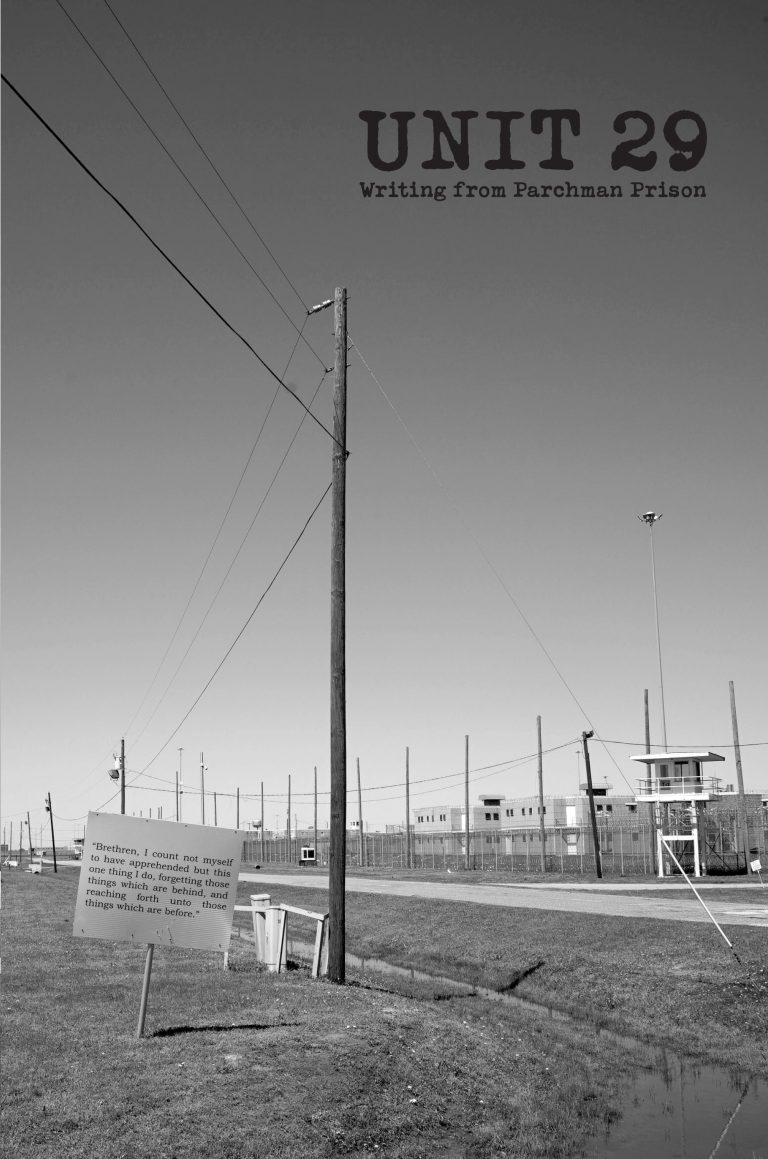
The subject for this paper has been on my mind for some time now. I hope I can give it the justice it deserves.
The subject is about life sentences and about the length of time one is supposed to serve. More importantly, what is the point of a life sentence? When does the correctional aspect change to punitive and retributive?
In the State of Mississippi’s Prison System, life sentences fall into one of two categories: those sentenced before 1995 and those after. We will be writing about people sentenced after 1995.
A judge at the time of sentencing has the latitude to use discretion, he can impose a life sentence or life without the possibility of parole.
A life sentence in Mississippi is supposed to hold out the hope of eventual release to the one sentenced, but it doesn’t. The Mississippi Prison System has in its lack of wisdom misinterpreted the law and holds the position that everyone has life without. We are not writing about the insanity of this position, but rather the effects it has on the individuals it is imposed upon.
In multiple studies done on the criminal justice system it has been found that by taking the hope of eventual release away from a prisoner, you also take away the incentive to follow the rules so to speak. You’ve created in essence an uncontrollable animal that answers only to itself for its actions. I am happy to report that not all prisoners stoop to this level of conduct.
I find myself in this situation with no hope of any type of future outside the prison system.
Like others I’ve gone through various stages during my incarceration.
First I had to accept that I was even in prison and that I might not get to go home any time soon. I think you could say this is your Bewildered Stage. At the same time you look at your surroundings and see they are simply terrible. The roofs leak and the paint on the walls is drab and peeling off. Everything is filthy and the toilets are overflowing. The food is bad and at times inedible.
You soon realize pretty quickly that the vast majority of officers you come into contact with all possess double digit IQs, the inmates mostly at the same level. It took me about six months to accept my predicament and move on, some never do.
Then you enter a stage where you find ways to improve not only your living conditions but your legal position too. Most people do this and do it in various ways.
I decided to work and do the best job possible at any task I was assigned to. Need a really clean bathroom? I was the man for the job! This attitude upgraded me a year early from C custody to B custody which entitled me to better housing.
I strived for years to show the Mississippi Prison System that underneath everything I was a model prisoner. I always worked and I attended the Christian College. I took any available educational course to show I was a changed man. I volunteered at all the church services. I’ve taken care of Alzheimer’s patients, I’ve always strived to be seen as part of the solution instead of part of the problem.
For what? Being someone completely different from the person I was all those years ago does not change a thing. The Mississippi Prison System says they will never release me under any circumstances.
So the question still begs to be answered, when did the sentence cease to be correctional and strictly become retributive? While everyone is different so their times will not be the same time as mine. Mine snuck up on me when I wasn’t aware. What changed?
I woke up one day after spending 12 plus years just on Parchman grounds and asked myself what’s the reason for my further existence? There is none, with no hope for eventual freedom, what’s the point?
So now I find myself as an elderly inmate in failing health with no viable reason for my existence. Again what would be the point? When man does not have an obtainable objective to work towards, men tend to give up.
I’ve given up, I don’t have a reason for my existence anymore. So what am I doing? I guess I’m sitting here waiting to die.

VOX Press’s Prison Writes Initiative (P.W.I.) began in the spring of 2014 at Mississippi State Penitentiary (Parchman Farm).
Initially, VOX set up workshops to cultivate inmate writing for publication. Since then, the program has expanded into five prison facilities and has become an educational program in its own right. So far, two volumes have been published: one in 2014 and another in 2016. Those books featured writing solely from Parchman.
The forthcoming third publication, Mississippi Prison Writing, differs from the other two books in that it features writings from many segments of the inmate student population: men, women, youth, disabled, veterans, and elderly students, from three different Mississippi prisons.
Leading up to the newest book’s publication, The Local Voice and VOX Press will feature a series of excerpts from the upcoming new volume. The first writer in the series, Roger Ewing, is a two-time graduate of the Prison Writes Initiative. Several of his narratives will be included in Mississippi Prison Writing, to be released at the end of 2020. For futher information on Mississippi Prison Writing contact Louis Bourgeois at louis-bourgeois@hotmail.com or 662-816-8058.


